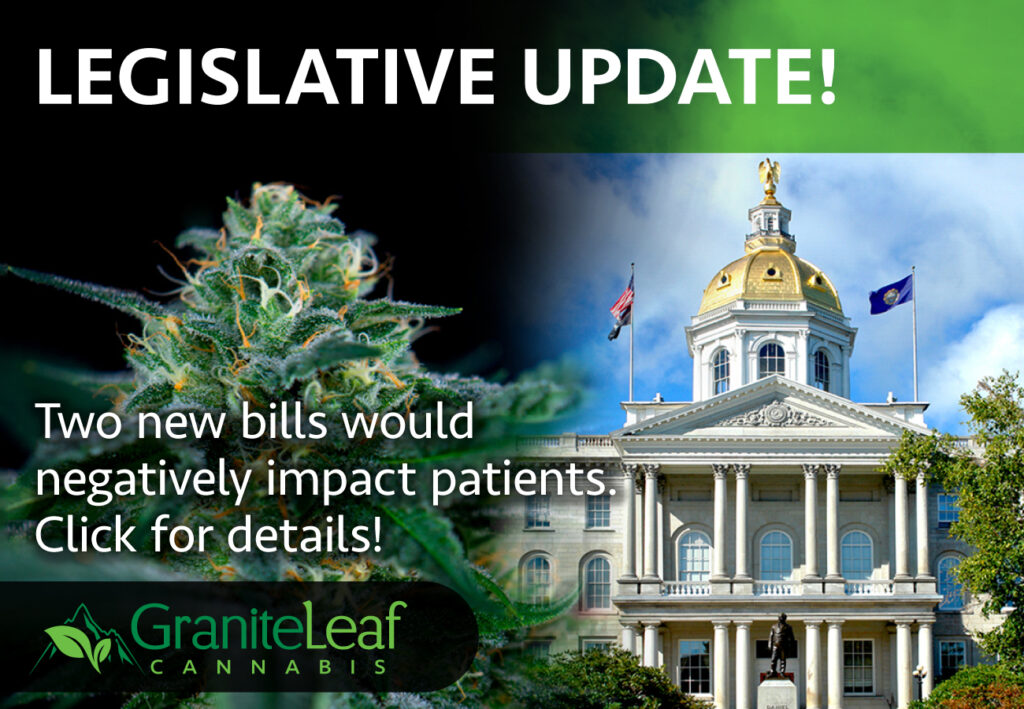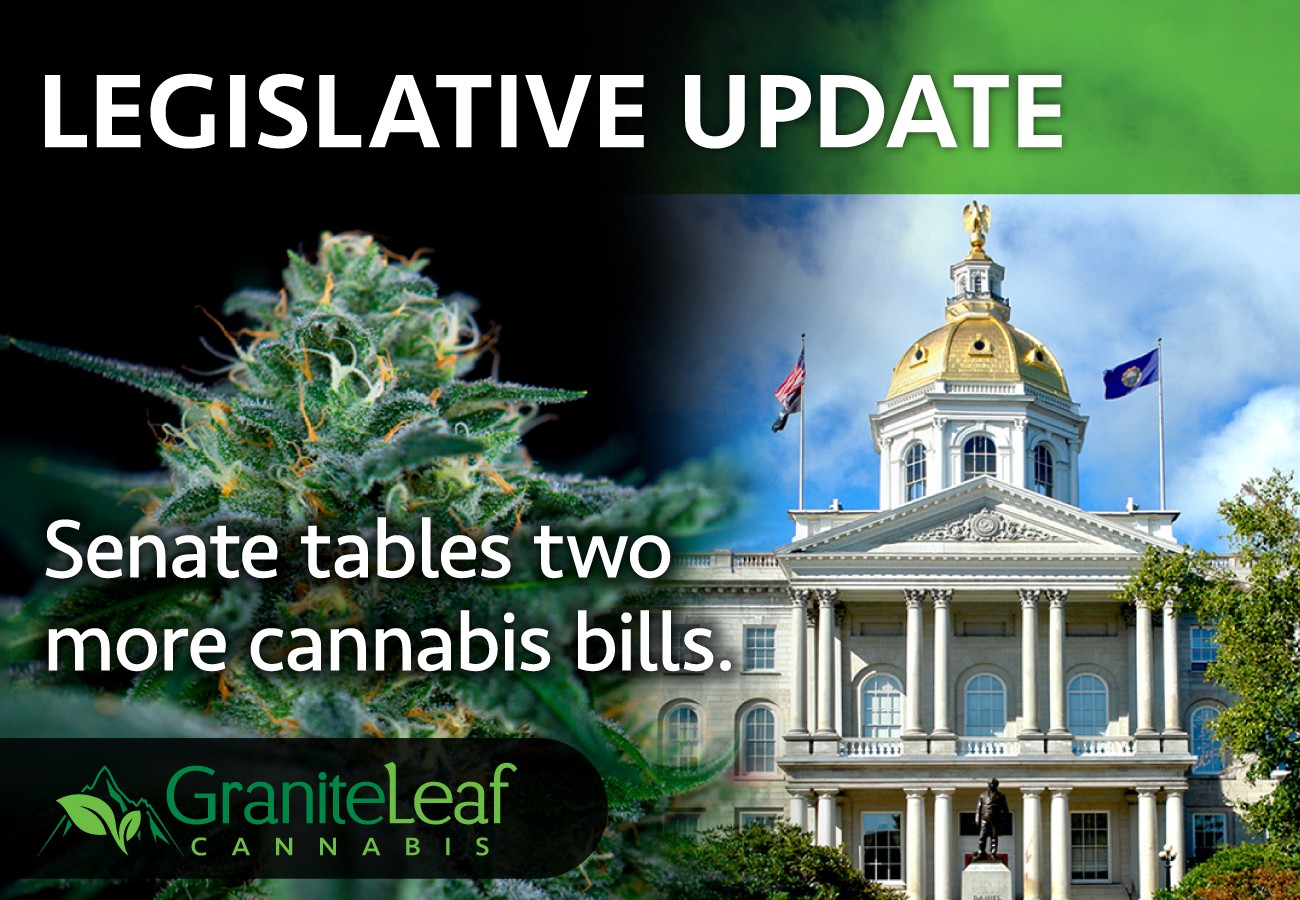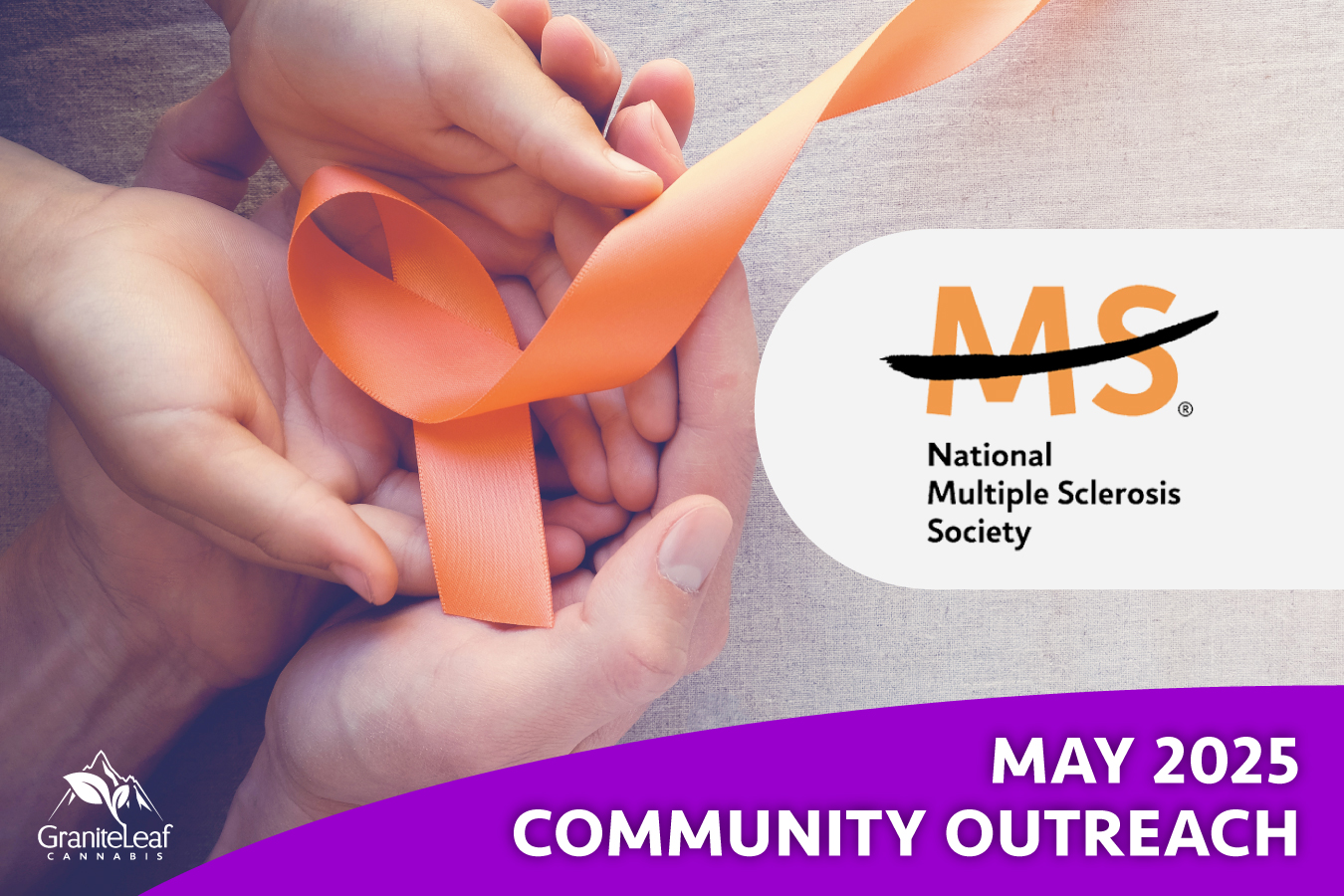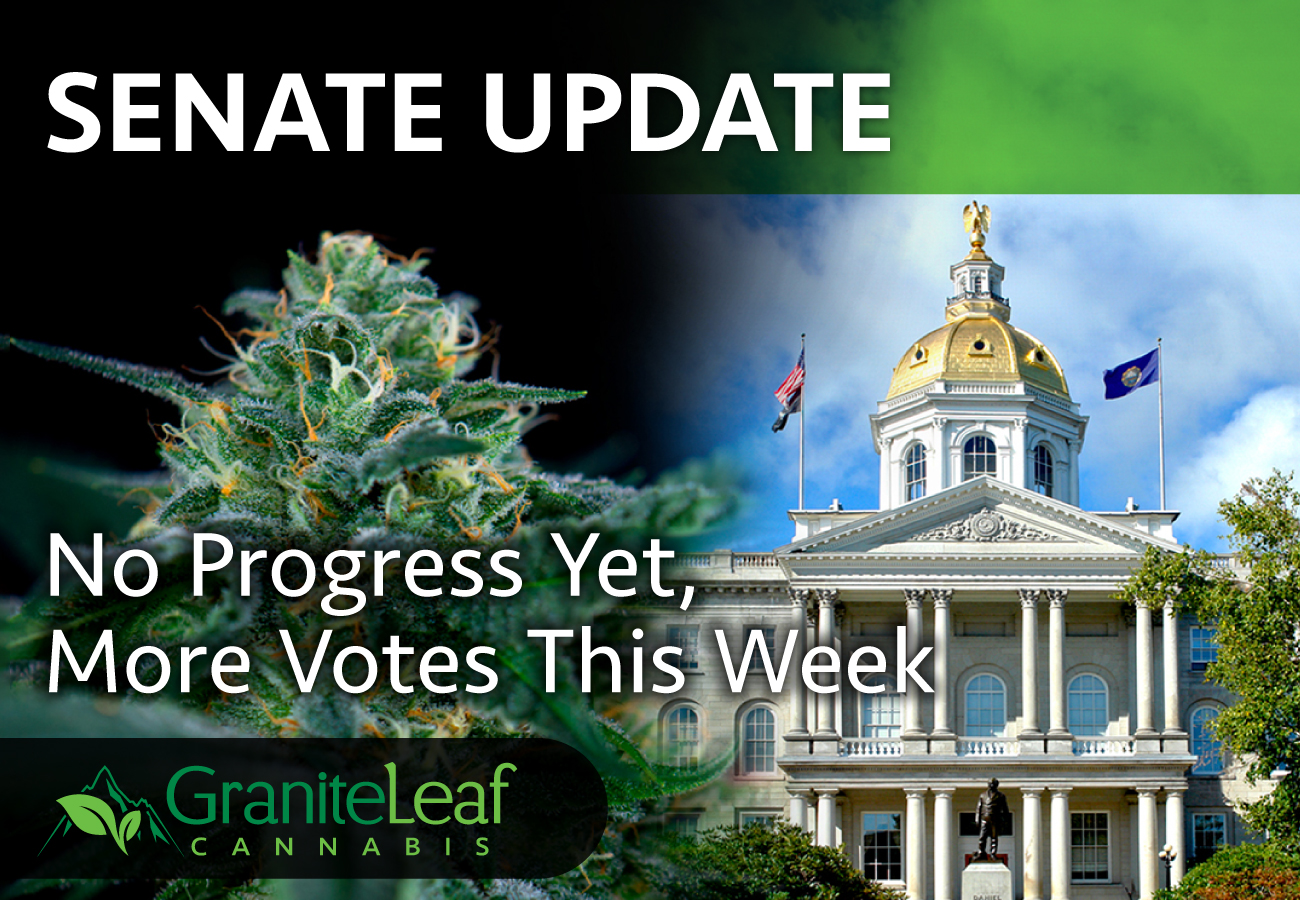The 2024 legislative session will begin in early January, and several new bills dealing with cannabis policy have already become available. Most of these bills would make positive changes, and we look forward to sharing more information about them. Unfortunately, two bills in particular would negatively impact patients, so we wanted to make you aware of them as soon as possible.
Below you will find information on these two bills, followed by guidance on how to contact your state legislators if you wish to do so.
Arbitrary THC Limits for Impaired Driving
One bill, SB 418, would attempt to crack down on impaired driving by establishing an arbitrary, unscientific limit of 2 nanograms of THC per milliliter of blood. Therapeutic cannabis patients should not drive if they are impaired, but there is no scientific justification for this proposed policy. Here are a few important facts:
- Studies have consistently shown that THC levels in the blood do not correlate with impairment. Unlike alcohol, the effects of cannabis can vary dramatically from one individual to the next.
- Individuals who consume cannabis regularly may have THC levels exceeding this limit even when they have not consumed recently and show no signs of impairment.
- Most states do not have a numerical limit for THC levels. Although the results of a blood test can be used in any state to help prove a driver is impaired, most states require evidence of actual impairment in order to convict a person of DUI.
- It is already illegal to drive while impaired by the use of cannabis or any other drug, including prescriptions and over-the-counter medications. Many drugs cause impairment, but alcohol is the only drug for which a numerical limit is supported by strong evidence.
- Instead of passing SB 418, New Hampshire should focus on ensuring that police receive the best possible training to detect impaired driving and keep our roads safe.
If you don’t have time to craft your own message to legislators, a quicker option is to visit NORML’s “Take Action” page, where you can send legislators a prewritten email about SB 418. If you do have time to write your own personalized email, please continue reading!
Potency Limits for Therapeutic Cannabis
We mentioned SB 419 in our recent “Cannabis Policy Year in Review” post, but we thought it would be helpful to share more details. As we informed you previously, SB 419 would establish an arbitrary limit of 16% THC for all therapeutic cannabis products. Here are a few reasons that’s a bad idea:
- ATCs have been selling higher potency products in New Hampshire for more than seven years. Many patients report that they find these products beneficial, and very few problems have been reported.
- The other five New England states have not established THC limits for therapeutic cannabis products.
- If ATCs are required to limit potency, this will incentivize patients to purchase their cannabis in other states or from unregulated and potentially dangerous sources.
NORML has created a “Take Action” page for SB 419 as well. Again, if you don’t have time to write your own detailed message, you might prefer to contact your legislators using this convenient platform.
How to Contact Your State Legislators
If you feel strongly about one or both of these bills, please feel free to write your elected officials and politely express your opinion. In New Hampshire, it often only takes a few good emails to get legislators talking about an issue.
The first step is to identify your state legislators here by selecting your town in the drop-down box. The names of your state senator and representatives will appear, and if you click on their names you will see their contact information. You will only have one senator, but the number of representatives varies from district to district.
The second step is to send them a personalized email sharing your perspectives on one or both of these bills. Be sure to include your town so they will know you are a constituent. The most impactful messages will include personal experiences that help them understand the issue. For example, if you find higher THC products beneficial for treating a serious medical condition, it would be helpful to include details.
Here’s a sample email that may be helpful as a model:
Dear Senator ___(last name)___ and Representatives ___(last name)___ and ___(last name)___,
My name is ___(full name)___, and I live in ___(town)___. I’m writing because I am very concerned about two bills that have been filed for 2024.
SB 418 would impose an arbitrary, unscientific limit of 2 nanograms of THC per milliliter of blood for impaired driving. Unlike alcohol, THC levels in the blood do not correlate with impairment. This is why most states have not established a numerical limit and instead require evidence of impairment in order to convict somebody of impaired driving. Under such a policy, many therapeutic cannabis patients who are regular users of cannabis will be over that limit even when they are not impaired. This would make it unlawful for those patients to drive at any time, even days after their last use.
Another bill, SB 419, would would establish an arbitrary limit of 16% THC for all therapeutic cannabis products. Many patients benefit from higher potency products, and no other New England state has opted to limit potency for therapeutic cannabis. This policy would have the unintended consequence of encouraging patients to purchase their cannabis in other states or from unregulated sources.
I believe these bills would both be harmful to patients who are benefitting from New Hampshire’s Therapeutic Cannabis Program. Thank you for considering my perspective.
Sincerely,
Your Name
Your Town
Thank you for reading this lengthy blog post! We look forward to sharing happier news about good legislation in January.







